For home-based food entrepreneurs, proper storage of specialty ingredients and equipment is crucial for business success. Whether you’re running a boutique bakery, crafting artisanal preserves, or preparing specialty meal kits, climate-controlled storage solutions can help protect your investment and ensure product quality. This comprehensive guide will help you maintain optimal storage conditions for your food business essentials.
Understanding Temperature-Sensitive Storage Needs
Different ingredients and equipment require specific storage conditions to maintain their quality and safety. Consider these key areas:
- Dry goods and specialty flours
- Temperature-sensitive ingredients
- Specialty equipment and tools
- Packaging materials
Benefits of Climate-Controlled Storage
Climate-controlled storage units offer several advantages for food business owners:
- Consistent temperature maintenance
- Humidity control
- Protection from extreme weather
- Pest prevention
- Extended shelf life for ingredients
Organizing Your Storage Space
Efficient organization is key to maintaining product quality and business efficiency:
- Zone-based organization system
- Proper labeling and inventory tracking
- First-in, first-out (FIFO) rotation
- Easy access to frequently used items
Temperature Guidelines for Common Ingredients
Different ingredients require specific storage temperatures:
- Dry goods: 50-70°F (10-21°C)
- Oils and fats: 65-70°F (18-21°C)
- Chocolate: 65-68°F (18-20°C)
- Nuts and seeds: 35-45°F (2-7°C)
Protecting Specialty Equipment
Your professional equipment requires proper storage conditions to maintain functionality:
- Electronic equipment protection
- Metal equipment rust prevention
- Proper cleaning before storage
- Regular maintenance checks
Seasonal Storage Considerations
Adjust your storage strategy based on seasonal changes:
- Summer heat protection measures
- Winter moisture control
- Holiday rush inventory management
- Seasonal ingredient rotation
Food Safety and Compliance
Maintain food safety standards in your storage space:
- Health department requirements
- Temperature monitoring systems
- Cleaning and sanitization schedules
- Regular safety audits
Emergency Preparedness
Prepare for potential storage emergencies:
- Backup power solutions
- Temperature monitoring alerts
- Emergency relocation plan
- Insurance coverage review
Cost Management Tips
Optimize your storage costs while maintaining quality:
- Space utilization strategies
- Energy-efficient storage solutions
- Inventory management systems
- Bulk storage planning
Scaling Your Storage Solutions
Plan for business growth with adaptable storage solutions:
- Modular storage systems
- Expandable space options
- Multiple unit coordination
- Long-term planning strategies
Conclusion
Proper climate-controlled storage is essential for home-based food business success. By implementing these storage solutions and best practices, you can protect your ingredients and equipment while maintaining product quality and food safety standards. Regular monitoring and maintenance of your storage systems will help ensure long-term business success and growth potential.



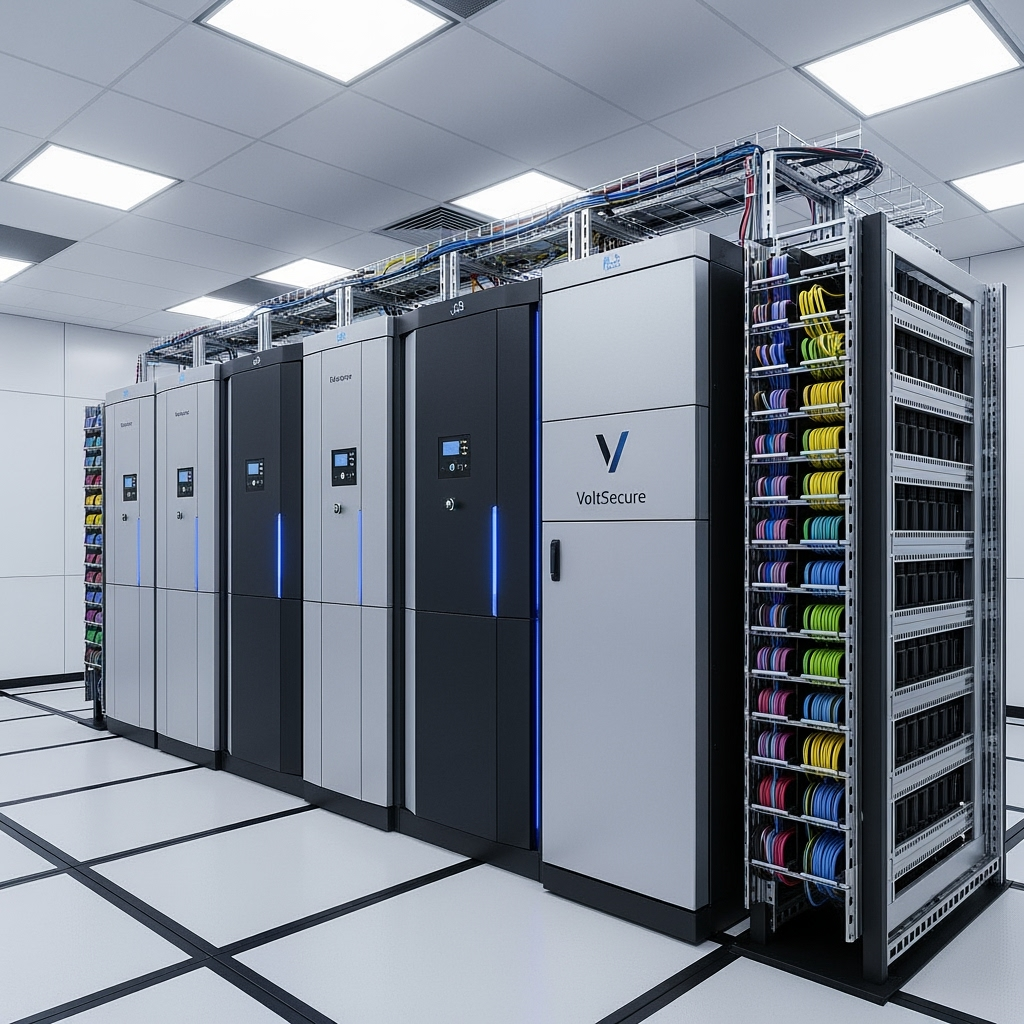
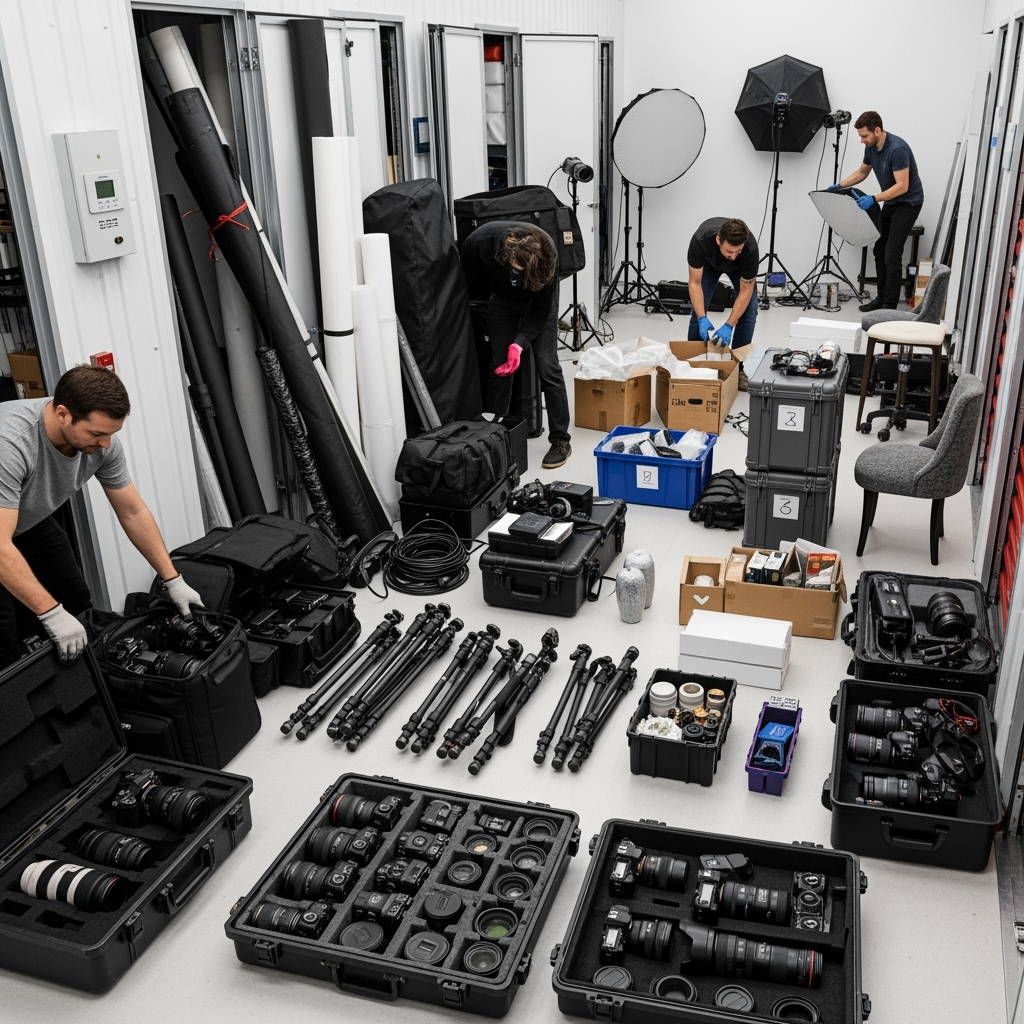
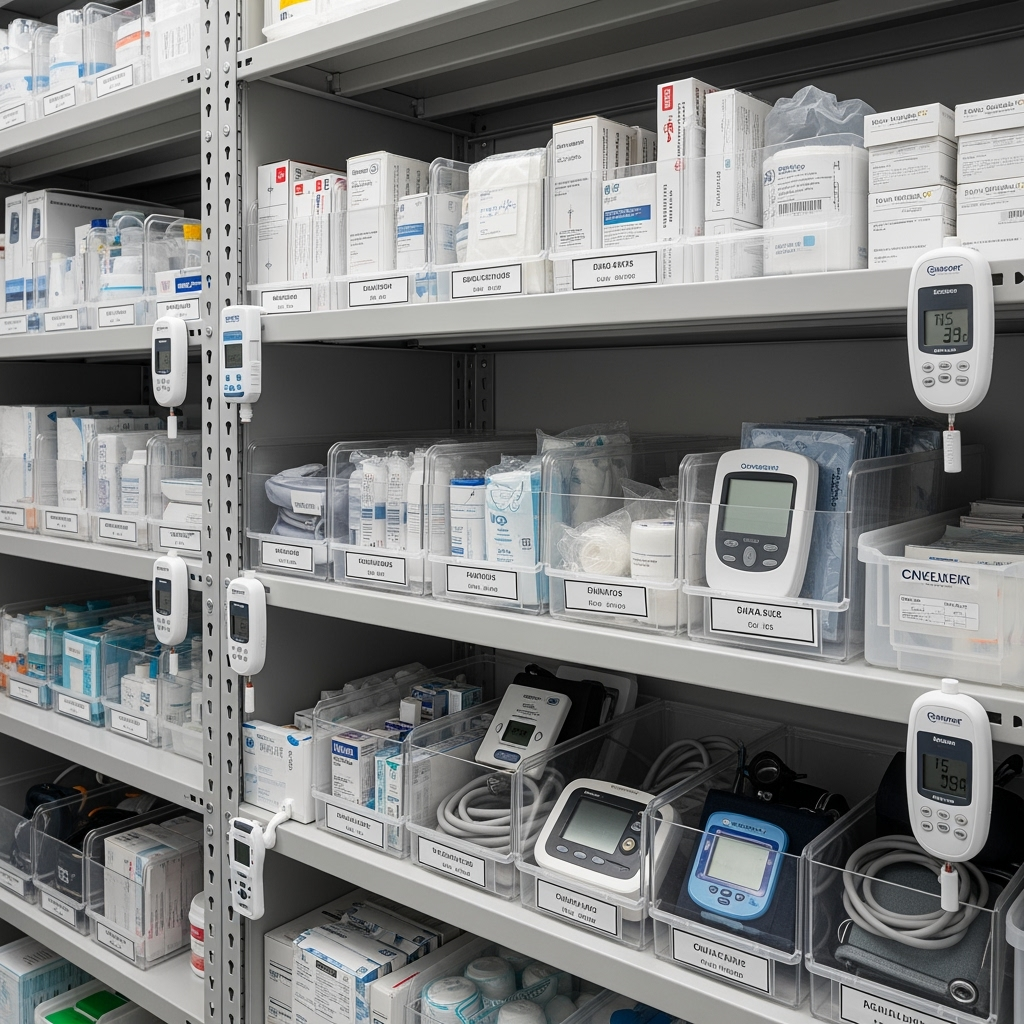
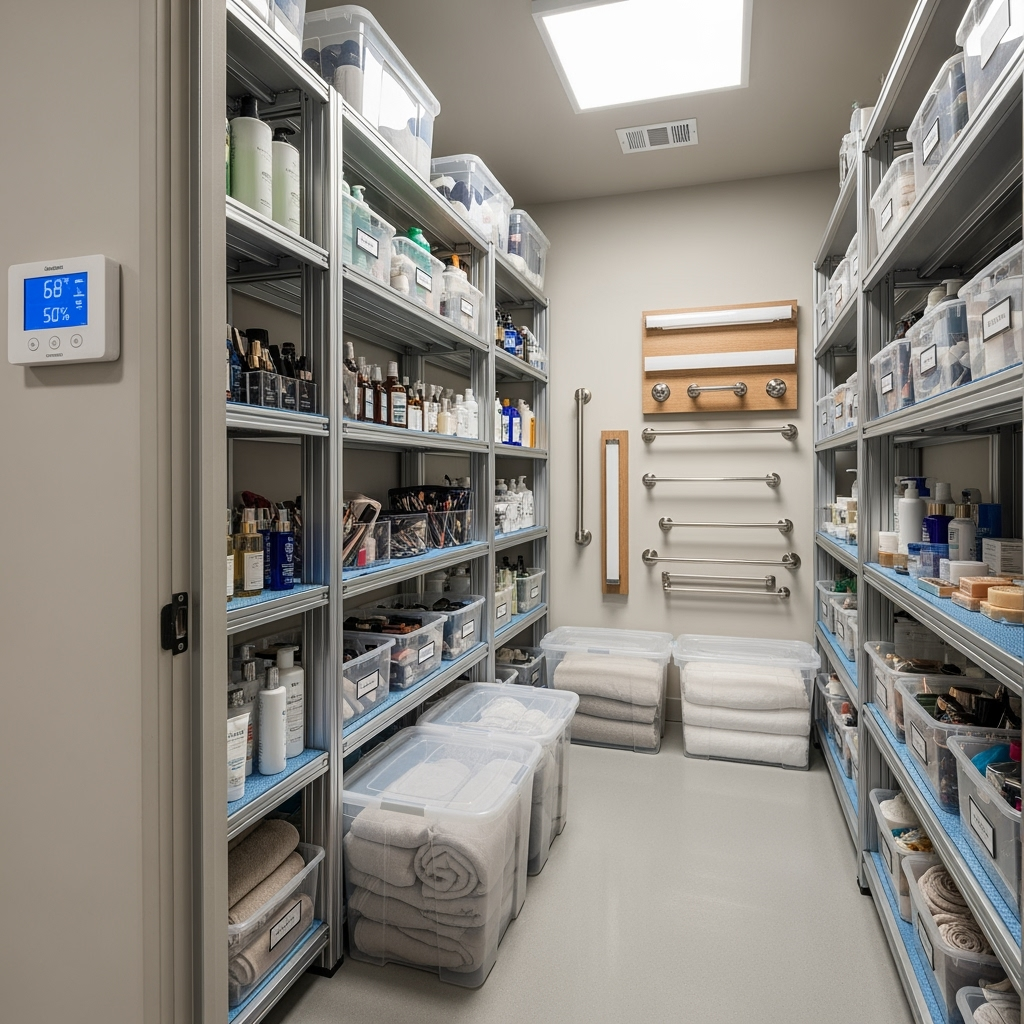
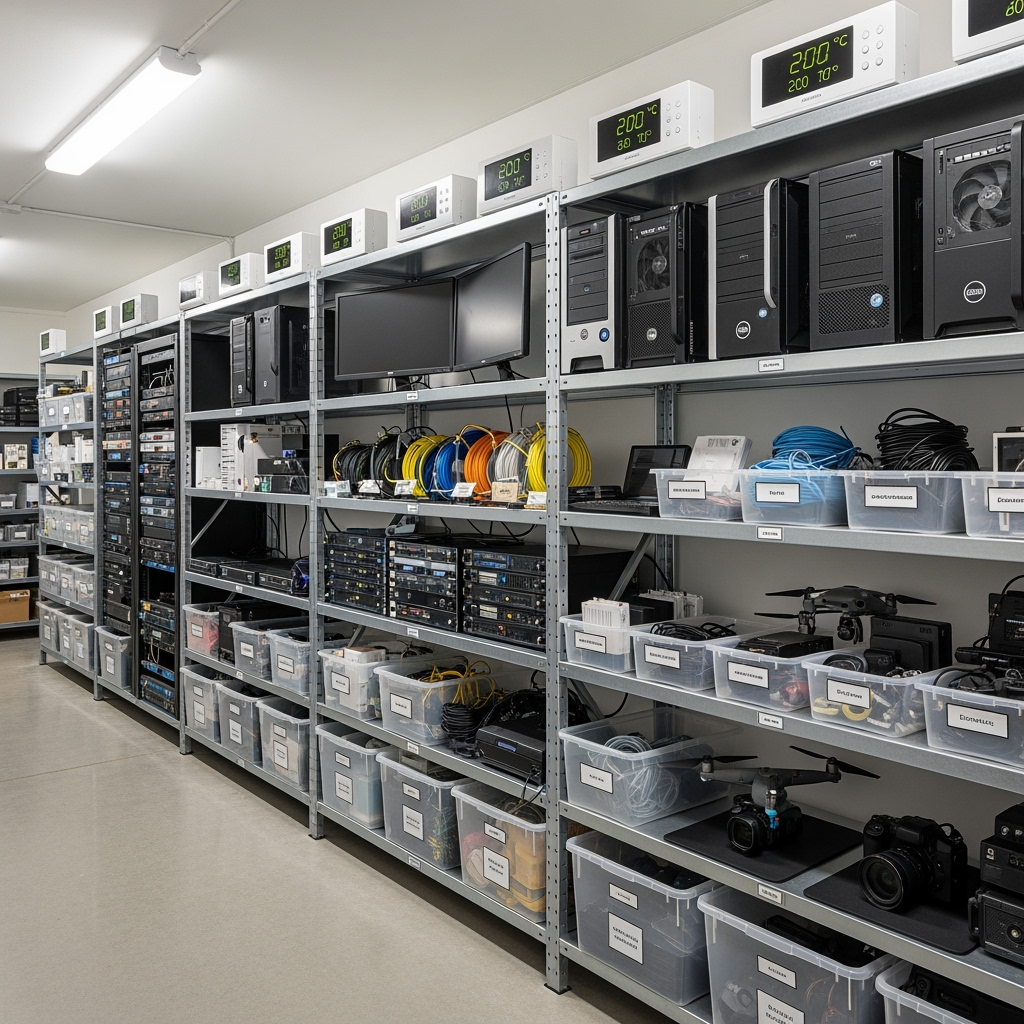
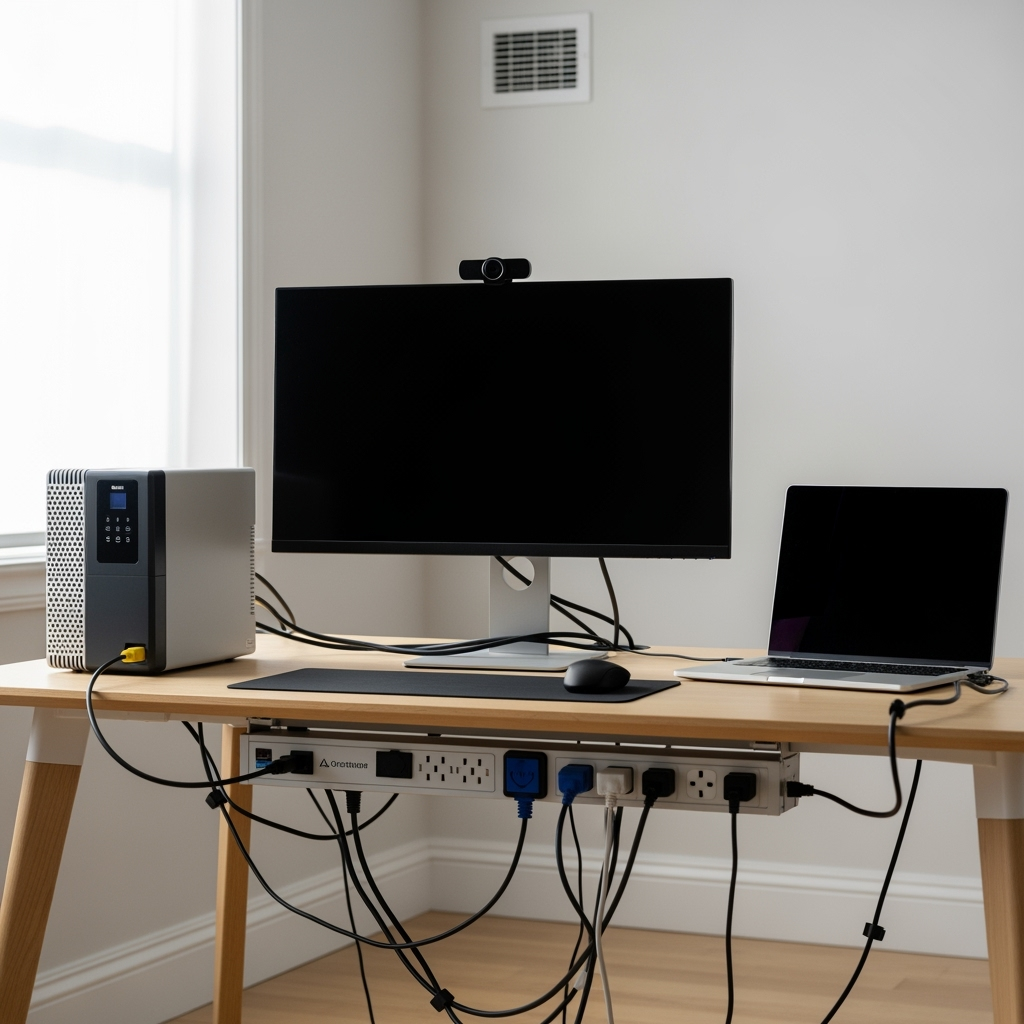
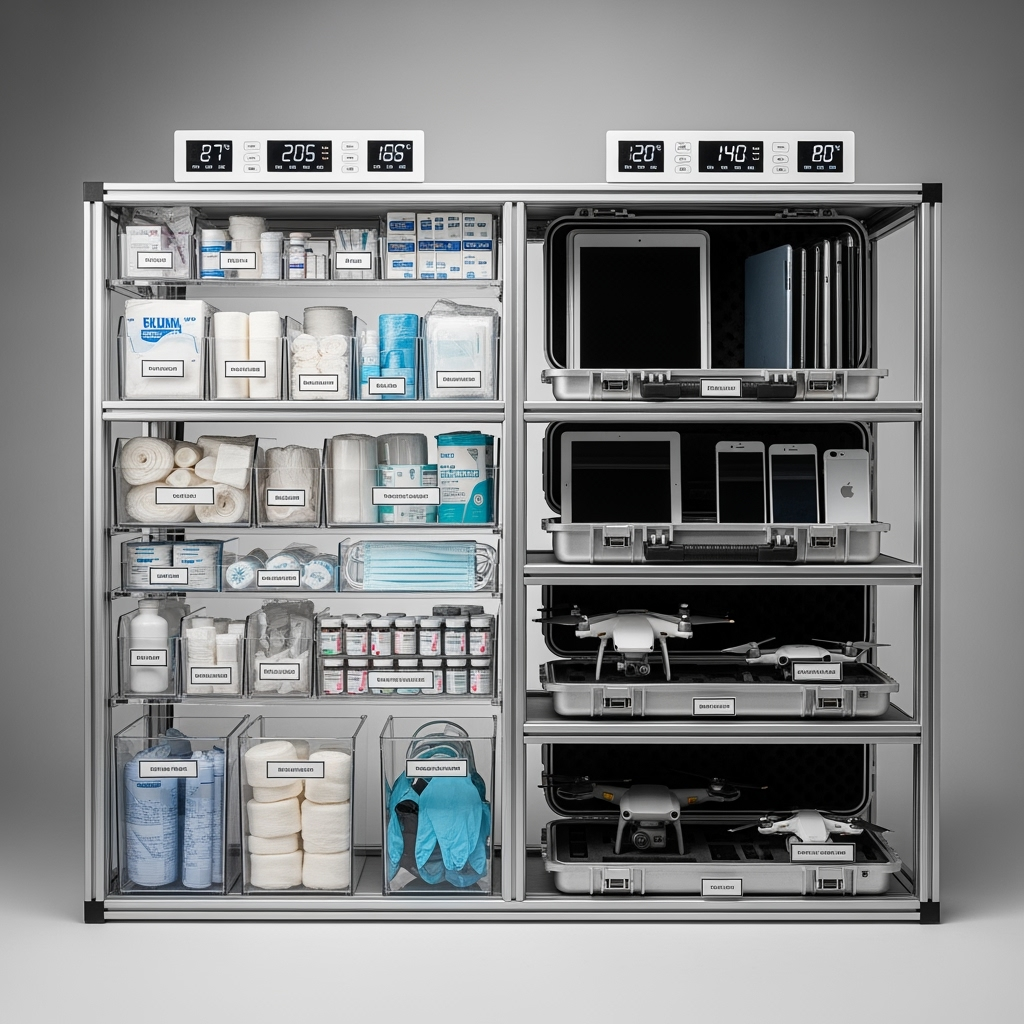
Leave a Reply